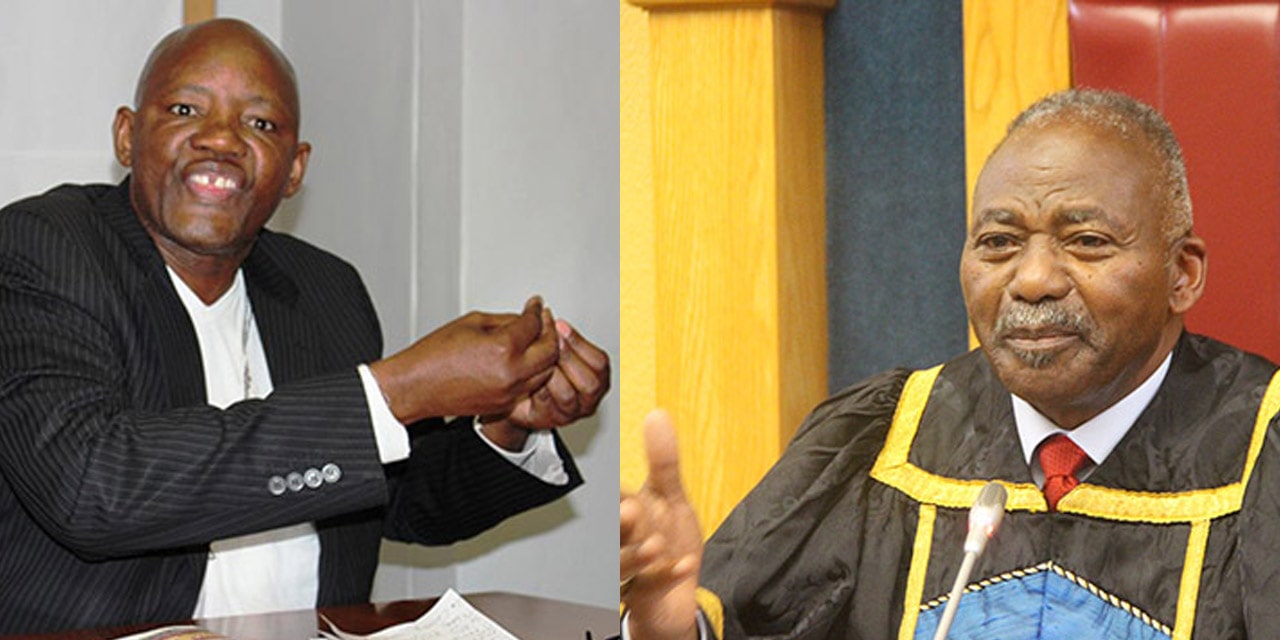Andrew Kathindi
Parliament may have to vote on the genocide agreement the government of Namibia and it the German counterpart are due to sign before it is eventually debated in the Namibian Parliament and thereafter ratified.
If there should be no consensus after the debate and a vote is necessary. Meaning the august house would then have to decide whether to go for a secret ballot or not to allow for conscience voting, if members of the same political party may be divided on the issue. Former Swapo Party of Namibia Parliamentarian and former deputy minister, Kazenambo Kazenambo, explaining the petition his has filed with Office of the United Nations High Commissioner for Human Rights, is suspecting that some Swapo Members of Parliament from the affected communities may want to vote differently from their party’s wishes, which could only be helpful for them with a secret ballot.
“The secret ballot would be considered if it is brought forth in Parliament. If there are no objections, it will be passed. If there are objections to it, it will go to the vote and of course the majority will be final,” Parliament’s spokesperson, David Nahogandja told Windhoek Observer.
Once the deal is brought before Parliament, it would then be tabled for ratification then debate before eventually being put to the vote. Ratification is defined as the action of signing or giving formal consent to a treaty, contract, or agreement, making it officially valid, he informed.
It is as yet unclear when the matter will come before parliament for debate. “I have also learned from reliable sources that the Damara, San and Ovaherero as well as other Swapo Members of Parliament, if Parliament reaches that stage, would want to vote along their conscious and not along Swapo political pressure. They wish to have the vote on this matter by way of a secret ballot so that Swapo members from these affected community should vote along their conscience,” Kazenambo stated.
According to the former MP, it is expected that opposition parties including UDF, NUDO, SWANU, LPM, PDM, APP, will move that the voting be conducted via a secret ballot in Parliament.
“It is also expected that the Speaker, Professor Peter Katjavivi, will accede to such a request in the interest of democratic and constitutional principles of personal freedom and fair and unhindered conscientious liberal representation by the members of parliament.” Katjavivi himself could not be reached for comment.
Kazenambo warned that the deal government intends to sign with its German counterpart, if it already has not signed it, has upset the affected communities, and could serve as a catalyst for civil unrest.
“The manner the two governments are insensitive in handling the matter against the provisions of internal law has pushed the risk of new instability or war onto the horizon.” “The geo-political situation in Namibia is not that hundred percent okay at the moment due to a number of complexities and challenges from a security risk perspective. There are many undercurrents and security dynamics that by and large, are pushing Namibia to the brink, and Germany appear to be pushing this country further onto the red line.”




